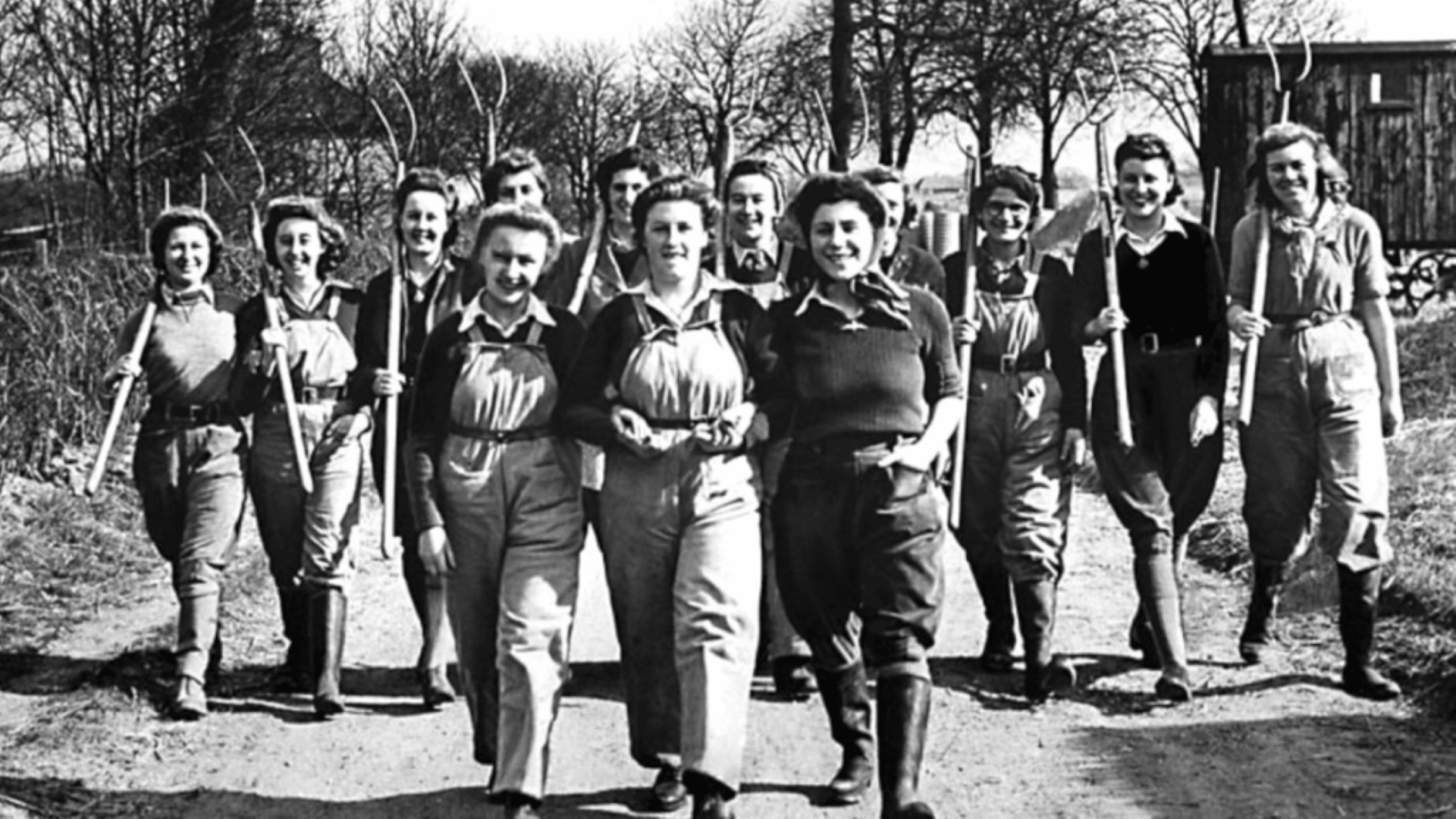Laurel Thatcher Ulrich’s legacy
“Well-behaved women seldom make history.” Most recognizable from bumper stickers and coffee mugs, the phrase has become a pop feminist favorite.
You can buy it engraved on 42 different pieces of jewelry on Etsy — possibly even with attribution to the correct author, Laurel Thatcher Ulrich, a professor of history at Harvard University.
Unfortunately, many adopters of the slogan have deeply misunderstood Ulrich’s original intent. The statement has nothing to do with flame-throwing, or civil disobedience, or even defying convention.
Rather, when Ulrich penned the phrase, her point was that the importance of the everyday is too often ignored. Well-behaved women seldom make the history books, but they should.
True, the record of human civilization is filled with those who forged new paths and defied the expectations of their time. These revolutionary figures are important and rightfully remembered.
Why everyday contributions matter
However, most people are not Galileo, risking their lives to challenge church and state in their quest for truth. Most people, instead, make their mark by offering contributions on a more modest scale. They produce, innovate, cooperate, and govern within their homes and neighborhoods, and through membership in communities forged both geographically and through shared interests.
I want to be very clear here that the everyday-ness of most contributions to the world applies equally to men and women. I beg of you, do not read into this argument any implication that women are better suited to contribute in domestic or communal ways.
However, to the extent the focus of history has been on the grand feats of statesmen and scholars, the historical exclusion of women from formal political and educational systems has diminished the record of their impact on the world.
A failure to recognize the importance of social history, including that of enterprise and political organization at the local level, has often gone hand in hand with a failure to recognize women’s contributions.
American political scientist Elinor Ostrom
Elinor Ostrom, like Ulrich, made significant contributions by engaging in scholarship that took seriously the importance of people’s day-to-day actions.
Throughout her career, Ostrom studied how it is that people find ways to solve problems within their own communities, even when those problems are considered theoretically insoluble without a great statesman swooping in and forcing people to get along.
Through archival history, ethnographic fieldwork, and a carefully selected mélange of other statistical and social scientific methods, she studied the role of communities in police services, water conservation, natural resource management, and a variety of other contexts in which individual actors are often considered helpless in the face of how many others could choose to free-ride on their efforts.
What she found over decades of research was that conventional, non-revolutionary, everyday folks are perfectly capable of coming up with solutions to what other economists and political scientists claimed should have been cripplingly complex social problems.
Even classic collective-action problems, like securing mutual commitment to a program of water conservation, are often successfully resolved by voluntary negotiation among individuals. Her book Governing the Commons investigates instances of such local resolution taking place across the world and through history.
For these contributions, Ostrom was awarded the Nobel Prize in Economics (officially called the Sveriges Riksbank Prize in Economic Sciences in Memory of Alfred Nobel), in a joint prize with Oliver Williamson in 2009. She remains the only woman to have won the Nobel Prize in Economics.
The framework that Ostrom used throughout this research emphasized the importance of understanding the rules-in-use in any given social context, as distinct from the rules as formally articulated. It’s the rules that people actually enforce that matter, not what people just say the rules are.
What this means is that the formal record is often an unreliable indicator of the actual conditions within which people live, and the constraints that they face when attempting to accomplish their goals. This is why fieldwork has been such an integral component of Ostrom’s research.
How Ostrom and Ulrich made a difference
Through this emphasis on fieldwork and rules-in-use, Ostrom’s work — like Ulrich’s — highlights the importance of the everyday, well-behaved approach to making a difference in the world.
The everyday is where local norms are created, and where local governance takes place. In part because of Ostrom’s contributions, the significant impact that local practices have on other levels of political and social organization is increasingly being recognized and grappled with by social scientists.
I would be remiss if I didn’t conclude by noting that, like other women in history, there were several points in Ostrom’s life where her potential was dismissed because of her gender. Her pursuit of a doctoral degree was in defiance of her family’s wishes. The economics department at UCLA refused her graduate admission, and many of the political science faculty were upset when she and three other women were admitted to their doctoral program.
Elinor Ostrom’s initial appointment at Indiana University-Bloomington might not have gone through had it not been for the fact that she and her husband, esteemed political scientist Vincent Ostrom, came as a package deal.
Both Ulrich and Ostrom demonstrate that when we fail to account for women’s contributions — whether or not they are well-behaved — we risk ignoring significant forces determining the shape of the world.
To read more about human rights, be sure to check out our cluster page by clicking on the link below.
This article was originally published on the Learn Liberty blog.
This piece solely expresses the opinion of the author and not necessarily the organization as a whole. Students For Liberty is committed to facilitating a broad dialogue for liberty, representing a variety of opinions.









